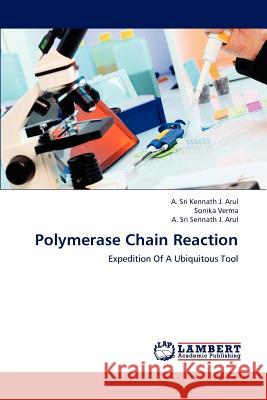Polymerase Chain Reaction » książka
Polymerase Chain Reaction
ISBN-13: 9783659194139 / Angielski / Miękka / 2012 / 132 str.
Our approach to the way we look at genes or analyze DNA completely revolutionized after Dr. Kary Mullis envisioned a means of copying DNA in a chain reaction in 1983. Subsequently, he won the Nobel Prize for inventing this powerful polymerase chain reaction (PCR) technology which has now become a ubiquitous tool in every life science laboratory, be it for basic or applied research, for diagnostics.PCR is one of the most important techniques used to study DNA and RNA obtained from a variety of tissue sources and thus has become a "Cornerstone of Genome Sequencing Projects". Today the extent to which immune-pathologic and molecular pathologic techniques are employed varies greatly, but it is conceivable that in the next decade, many of todays most technically advanced methods of molecular analysis will become standard practice. The aim here is to provide an overall familiarity with PCR, details of some typical PCR experiments, and a focus on issue useful to the field of genomic analysis.











